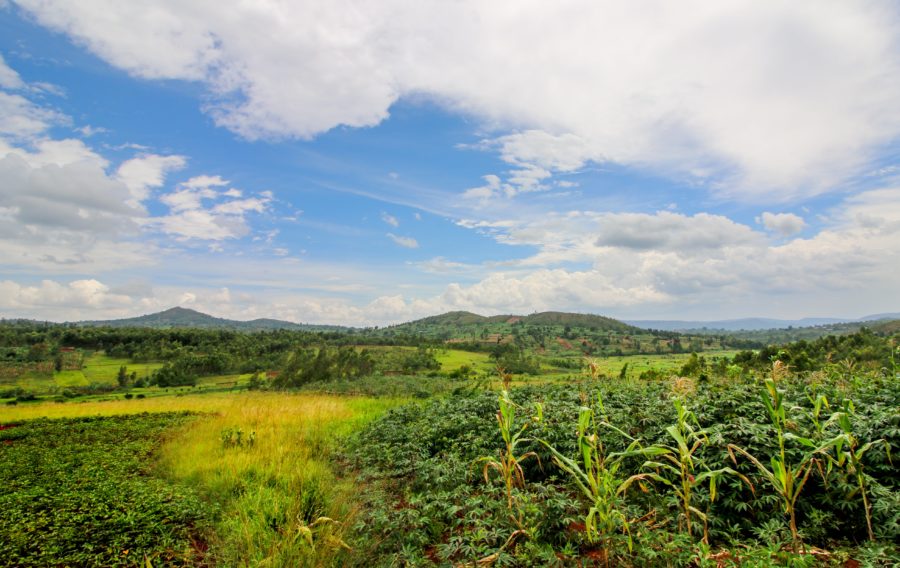
The UK’s Deputy Political Coordinator to the UN David Clay gave a speech on building stability and supporting human rights in Burundi.
In the speech, David Clay addressed the human rights and political system and the need for the UK and UN to assist in building stability in Burundi. He emphasised the upcoming elections in the country and ensuring fair leadership.
He claimed that there has been a lack of progress in the region and addressed the potential threat of an escalating humanitarian crisis. He highlighted current human rights concerns, including OCHA estimates that 15% of the population will require humanitarian assistance this year.
David Clay said: “The UK remains ready to review its approach to Burundi including its support for measures taken through the European Union once tangible steps have been taken to improve the current political and human rights situation. Mr President, next year’s elections in Burundi represent a critical juncture for its political developments.”
“There is an opportunity for a democratic transition of power in Burundi for the first time in 14 years. We take note of the administrative preparations that have been made as outlined by ASG Fernandez-Taranco this afternoon. But we remain concerned by wider restrictions on the political freedoms that are essential for the conduct of free and fair elections.”
“As of 31 March, some 125,000 Burundians remained internally displaced. I would like to particularly draw attention to the fragile situation faced by refugees and pay tribute to the work of UNHCR which is assisting 350,000 refugees through the Burundian refugee response plan.”
He urged the UN Security Council to remain engaged in the issue and committed to ensuring fair politics and human rights in the region. He emphasised the UK’s support for the Arusha accords and Special Envoy Kafando’s work in the country.
If you would like to join our community and read more articles like this then please click here.
Africa Humanitarian Aid international aid refugee security UN UN Peacekeeping








